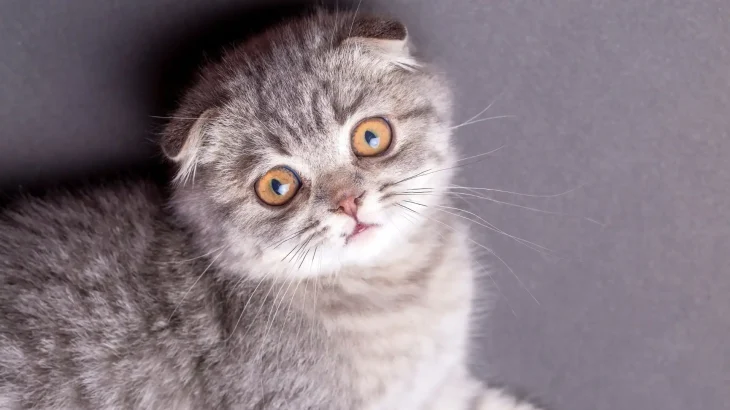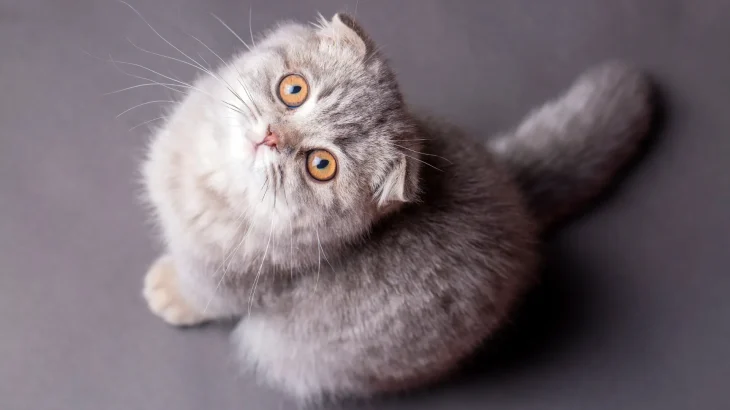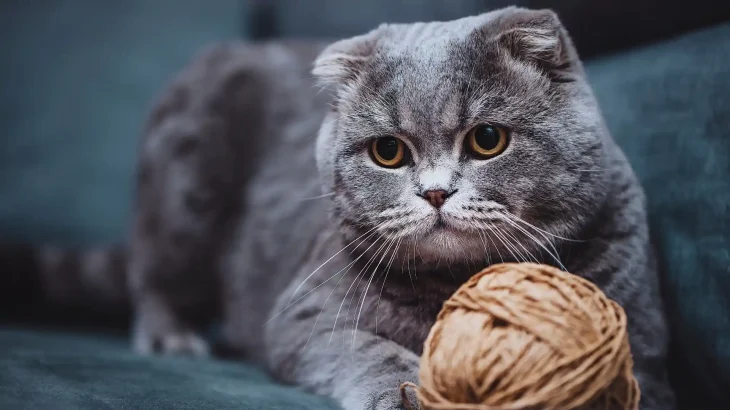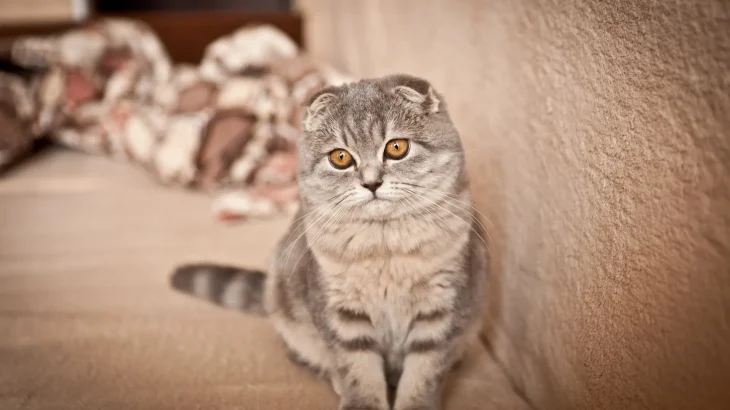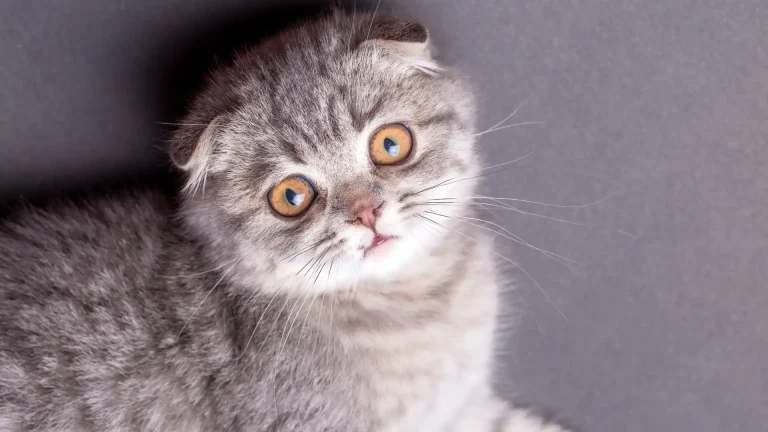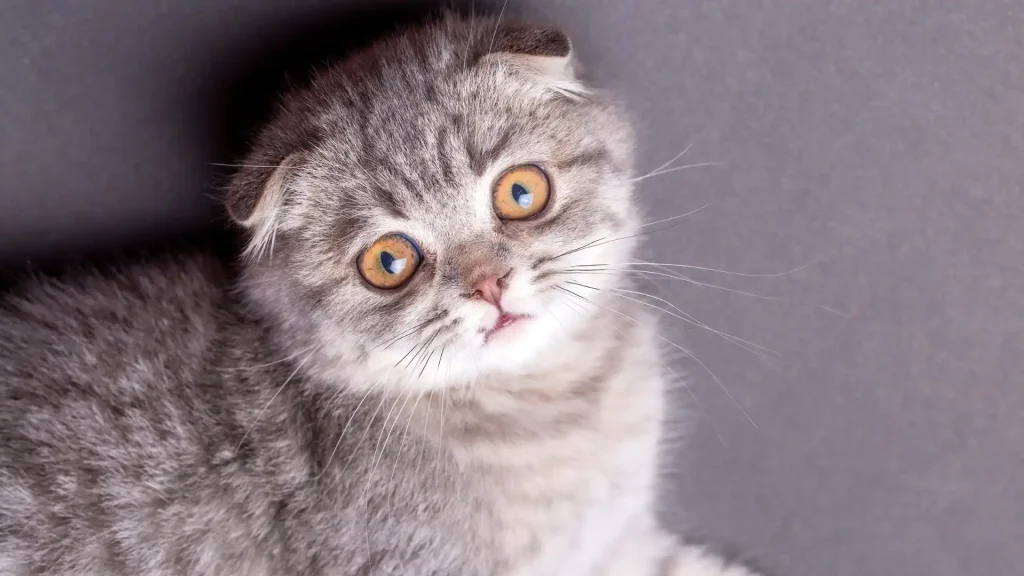When deciding between adopting or purchasing a Scottish Fold kitten, it's important to weigh the certainty of the kitten's background and health against ethical considerations and cost. Buying from a reputable breeder often offers clear health records and pedigree details, while adoption may give you a chance to provide a home to a cat in need, sometimes with less genetic information available.
Adoption vs. Breeder: Pros & Cons
| Criteria | Buying from Breeder | Adopting from Shelter/Rescue |
|---|---|---|
| Cost | Higher initial cost, ranging from several hundred to over a thousand dollars. | Lower fees, usually covering basic veterinary care and vaccinations. |
| Health History | Detailed genetic testing and health history provided, helping to anticipate breed-specific health issues. | Health background may be uncertain; shelters conduct basic health screening but genetic risks can be unknown. |
| Age Availability | Kittens primarily available, allowing you to raise them from birth. | Wider range of ages available, including adult and senior cats. |
| Temperament Insight | Breeders may provide information on parents' and siblings' temperaments. | Shelter staff can share observed behaviors, but full history may be unknown. |
| Ethical Considerations | Supports breeding programs; however, Scottish Fold breeding raises concerns due to genetic disorders inherent to the breed's fold gene. | Supports animal welfare by providing a home to cats in need, potentially reducing overpopulation. |
| Risk of Genetic Disorders | Higher risk inherent to breed; reputable breeders screen for these but risks remain. | Varies; mixed or unknown breeds might have fewer breed-specific health issues. |

